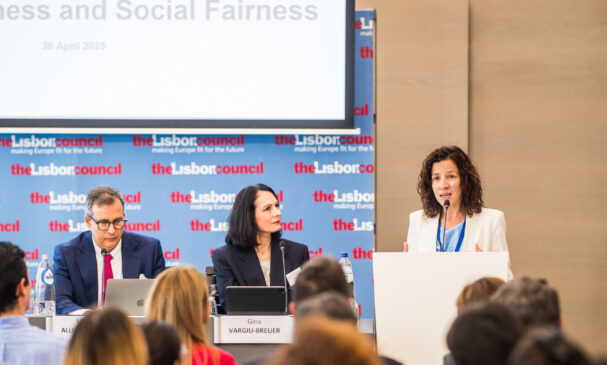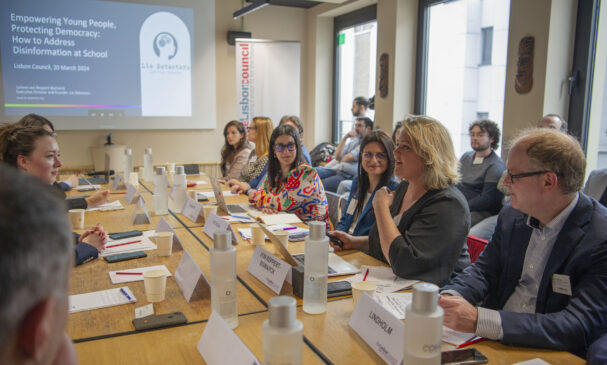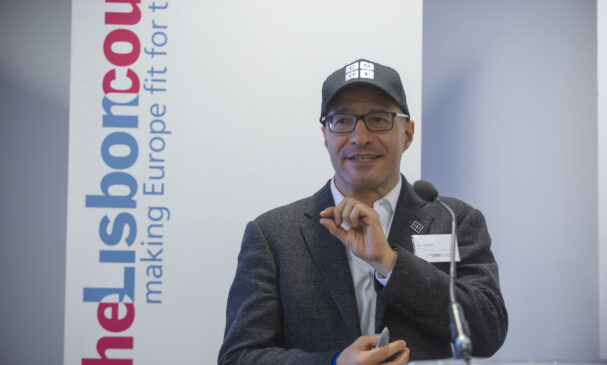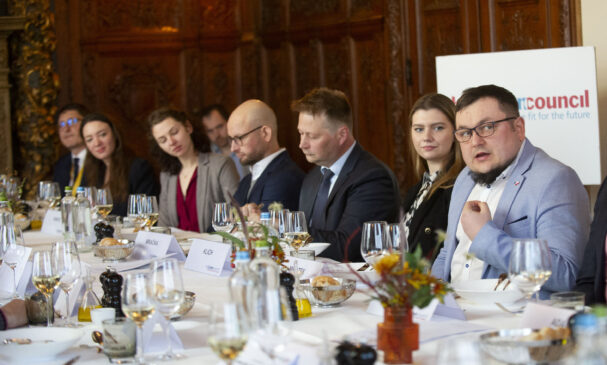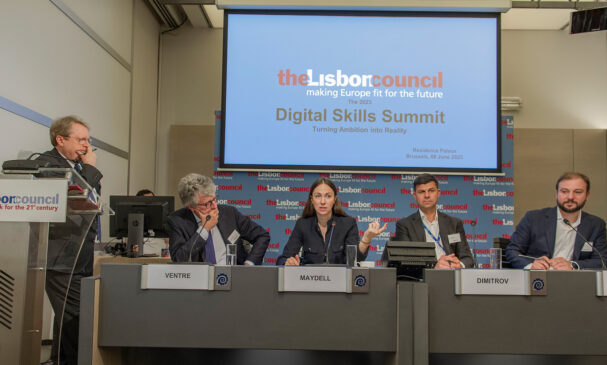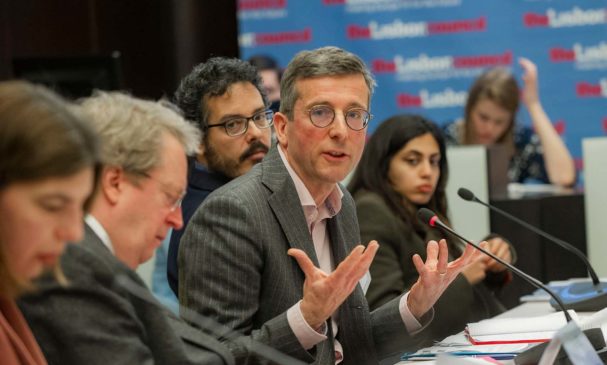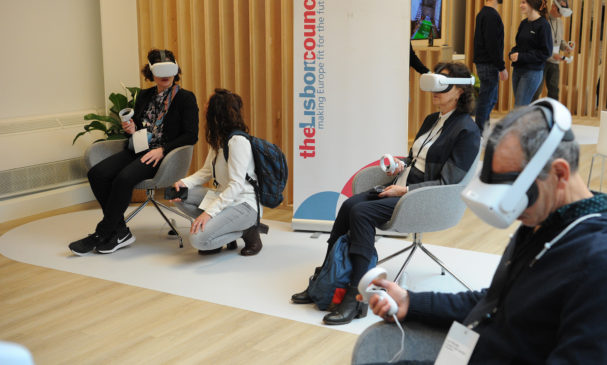Europe has ambitious goals in the skills and education field. Eighty percent of Europeans should have basic digital skills by 2030 and 20 million workers should be fully qualified as information- and communication-technology specialists by then, at least according to Europe’s Digital Decade, the wide-ranging compass approved and adopted in March 2021.
It isn’t hard to understand why. Knowledge and skills – their dissemination and ultimate integration into new and existing ways of working – are key to success in the modern economy. Put simply, Europe cannot compete unless its skill base remains world leading. But where do we begin? And how do we meet the targets proclaimed so boldly in the compass?
The good news is Europe is a treasure trove of educational reform and experience. Many local initiatives have delivered important and valuable outcomes to the communities they serve. How can we learn from those initiatives and how do we take them to scale at the European level? These are questions the Lisbon Council has investigated for years. The association builds and brings together important communities of stakeholders, practitioners and policymakers to learn from each other – and imagine new and powerful frameworks and initiatives. The Skills and Education Initiative will weigh in on the coming mid-term review of the Digital Education Action Plan and accompany the Von der Leyen II administration throughout its mandate.
Watch European Year of Skills: An All-Society Approach
